Although both are employed for weight loss, intermittent fasting and water fasting are not the same.
Intermittent fasting means that you don't eat for a period of time each day or week. Alternate-day fasting, 5:2 fasting (eating for five days and then fasting for two) and daily time-restricted fasting (eating only within certain windows of time) are all examples of intermittent fasting. You are encouraged to stay hydrated throughout an intermittent fast.
"Water fasting, however, involves fasting or consuming greatly reduced quantities of calories for prolonged periods of time: 24-, 48- and 72-hour water-only fasts are common," says Joshua Thurman, M.D. "Some people do water fasting once a month or a few times per year."
In water fasting, you should drink as much water as you want and need. The general guideline is 64 ounces per day, says BetterMe. Factors that may require you to alter that amount include your activity levels, your environment and your health in general. Using the world’s smartest water bottle will help you meet your water fasting goals. The HidrateSpark PRO, TAP and LEGACY water bottles will track how much you drink and remind you throughout your fasting period when it’s time to drink. Pair your bottle with the free HidrateSpark App, and leverage our Hydration Equation, a personalized hydration goal that is calculated daily and adjusts throughout the day based on your body and activity level. The app also calculates your environment, altitude, along with your age, weight, height and sex in order to determine your optimal hydration level.
Benefits of water fasting may include weight loss, a reduction in blood pressure and protection against diabetes. If you opt for water fasting, you should be aware of potential drawbacks, too, including nutrient deficiency, dehydration and hyponatremia (water and salt lost during exercise and replaced only with water; because you're not eating, you don't replace the salt your body needs). Watch for signs of weakness, dizziness and fatigue, or challenges with focusing.
Be cautious
"I am wary about extreme changes to your diet unless it is done very carefully," notes Dr. Thurman. "The body is pretty good at maintaining a balance: If you reduce the amount of food that you eat, the body can hold on to what it needs. If you do not eat any food, though, it can put things out of balance. Without enough electrolytes coming in, the kidneys can have trouble maintaining the body's chemistry."
ABOUT OUR EXPERT
Dr. Joshua Thurman, MD is a board-certified nephrologist and Professor of Medicine specializing in renal medical diseases and hypertension at the University of Colorado School of Medicine. He received his medical degree from the University of Chicago Pritzker School of Medicine and his undergraduate degree from Harvard University. He has been in practice for more than 22 years.
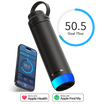
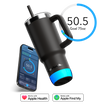
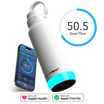
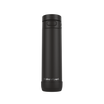
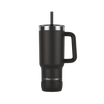

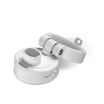
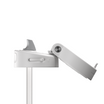
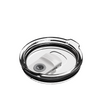
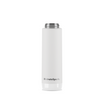
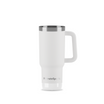
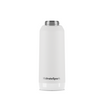
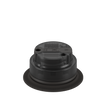
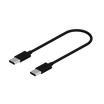

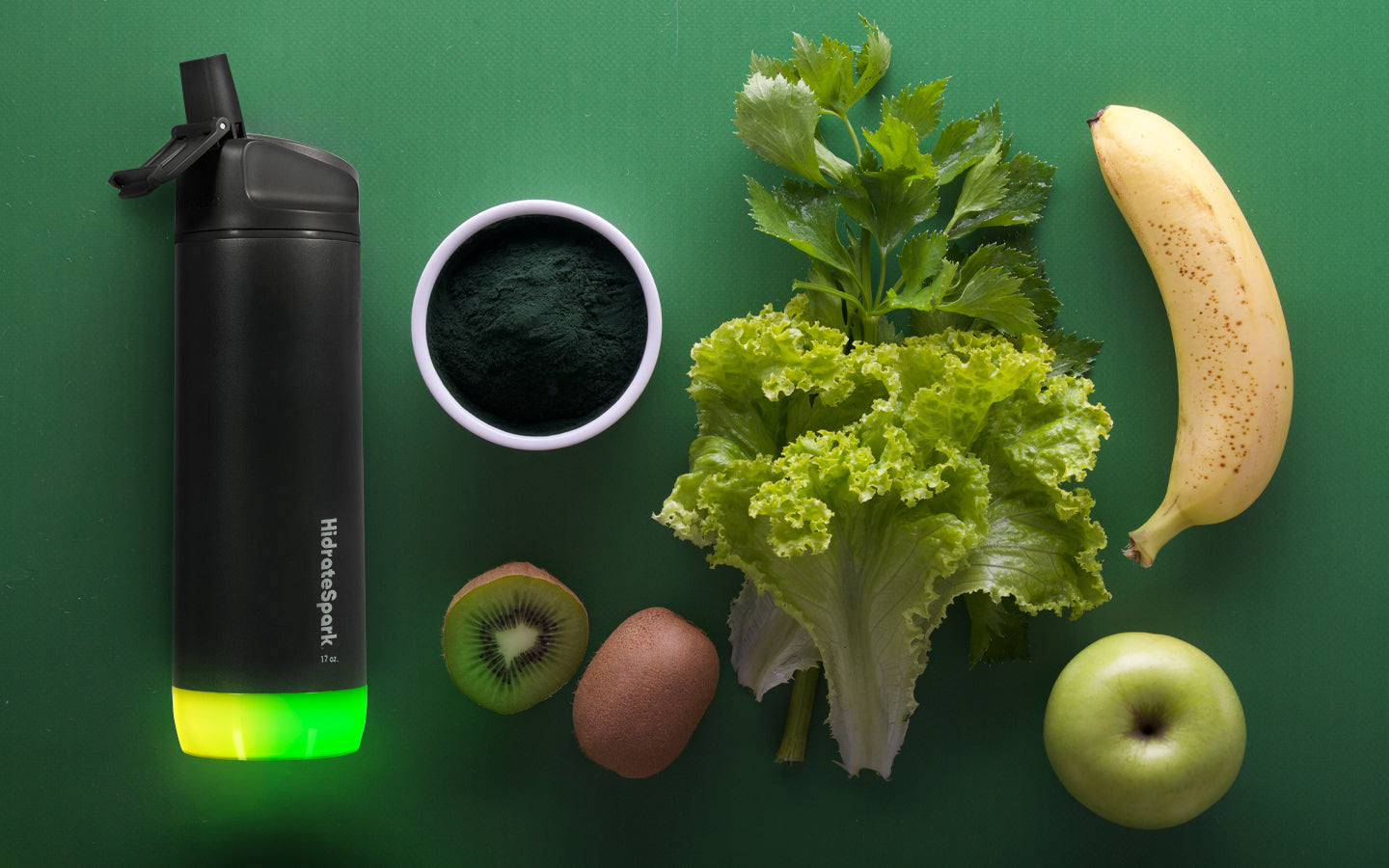

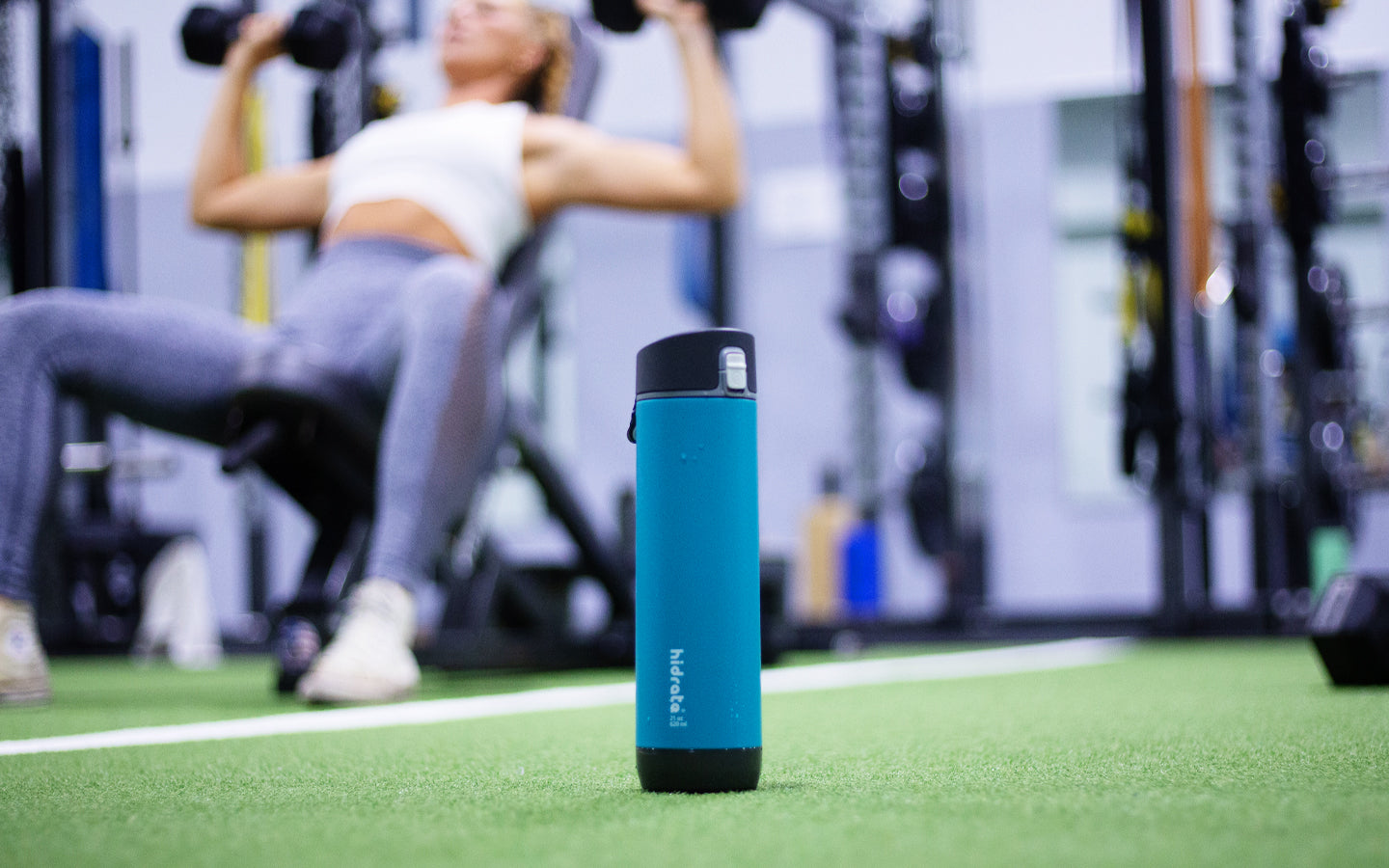
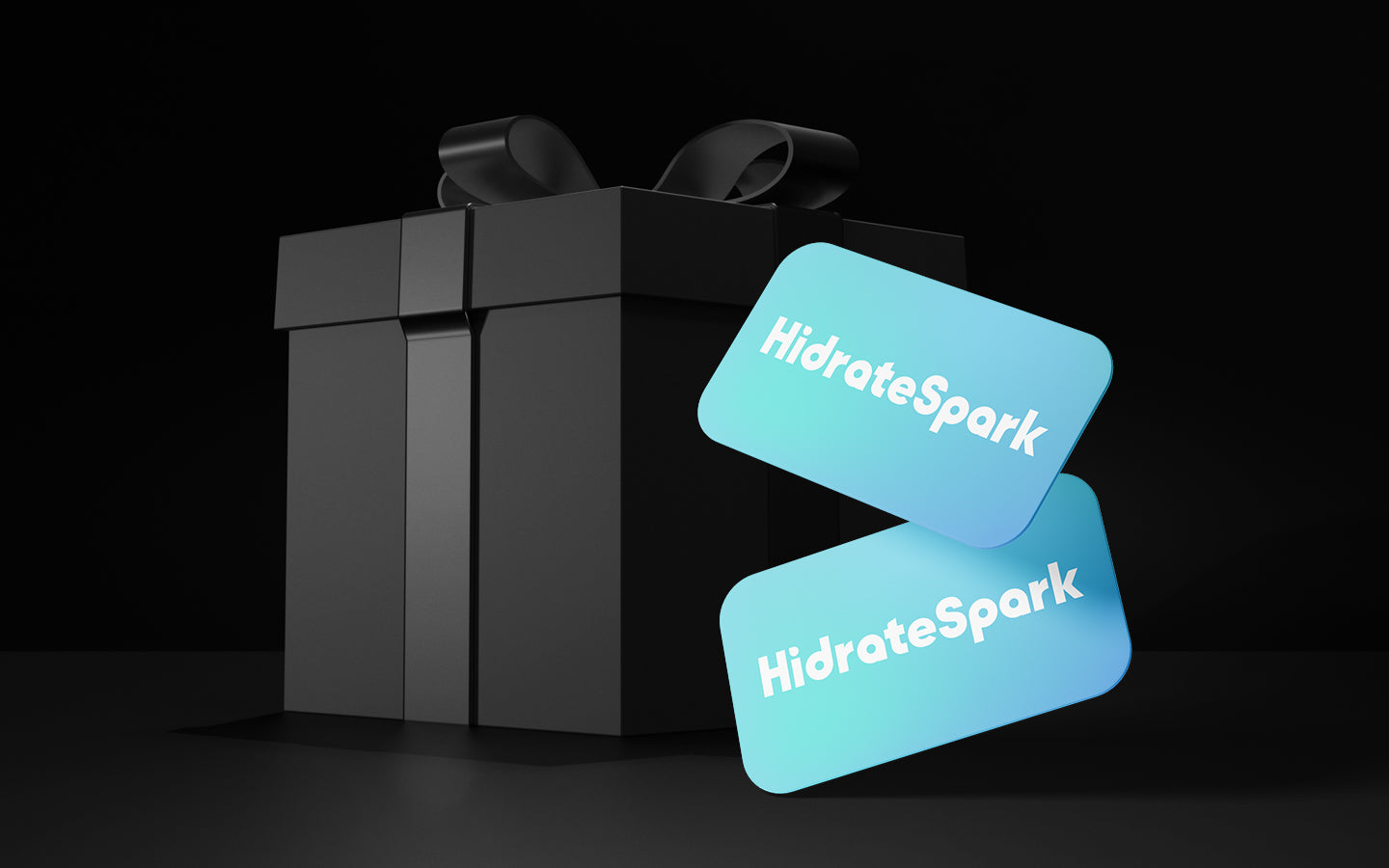
Leave a comment
This site is protected by hCaptcha and the hCaptcha Privacy Policy and Terms of Service apply.